The banyan tree in Kim Son village, Kim Hoa commune (Huong Son, Ha Tinh) is over 700 years old and is associated with the historical story of fighting against the invading Ming army in the 15th century.
On the morning of July 19, Kim Hoa commune (Huong Son) solemnly held a ceremony to receive the Certificate of recognition for the over 700-year-old fig tree in Kim Son village as a Vietnam Heritage Tree. Attending the ceremony were Dr. Nguyen Ngoc Sinh - Chairman of the Vietnam Association for Conservation of Nature and Environment; Vice Chairman of the Vietnam Heritage Tree Council Phung Quang Chinh. |
Awarding the Vietnam Heritage Tree to the leaders of Kim Hoa commune and representatives of the Nguyen family in Kim Hoa
The 700-year-old fig tree in Kim Hoa commune is 45 - 50m tall, with lush branches and leaves, and a trunk circumference of about 5 - 6 people. The base of the tree is hollow and can hold 4-5 people. People built a temple under the fig tree, named "The Historical Root of the Ficus Tree" or "The Ficus Tree of Oath".
According to oral tradition, the fig tree is associated with the history of the resistance against the Ming invaders in the 15th century (1425, nearly 600 years ago). Legend has it that in the early years of the 15th century, when King Le Loi's uprising against the Ming invaders in Lam Son (Thanh Hoa) encountered difficulties, the king decided to move his troops to Do Gia land (now Huong Son, Ha Tinh) to establish a base.
The fig tree has lush branches and leaves, and is 45 - 50m tall.
When entering Huong Son, the king was chased by the Ming invaders. The king's generals crossed the An Giang River, passed the swamp of Thinh hamlet, Co Dau village, and discovered a lush ancient banyan tree with a hollow trunk. King Le Loi was guided by the leader of the Coc Son insurgent army, Nguyen Tuan Thien, and his army to hide in the hollow of this banyan tree.
When the Ming army was approaching, it was already dark and it was difficult to find any traces, so they ordered the hunting dogs to surround the fig tree. While the king's life was in danger, a large white-spotted fox suddenly appeared and sat on the top of the fig tree. When the dogs appeared, the white fox was scared, so it jumped down from above and ran away. Seeing this, the hunting dogs and the Ming soldiers chased after them, thanks to which King Le Loi escaped.
According to legend, at the base of the banyan tree, Le Loi and the leader of the Coc Son insurgent army, Nguyen Tuan Thien, killed a white horse, cut their hair and took an oath, showing their determination to fight the Ming invaders.
The circumference of the banyan tree is about 12m.
After defeating the Ming invaders, Le Loi ascended the throne, and Nguyen Tuan Thien was honored as the founding hero. Since then, local people have always circulated the poem about the historical anecdote: "Cutting hair, killing white horse/ Under the banyan tree, swearing/ Wishing to be of one mind and heart/ To defeat the invaders and build the country".
In order for the fig tree to receive better investment and conservation, since March 2023, the Kim Hoa commune government has sent documents and related materials to the Vietnam Association for Conservation of Nature and Environment to propose recognition as a Vietnam Heritage Tree.
On May 29, 2023, the Vietnam Association for Conservation of Nature and Environment issued Decision 114/QD-HMTg recognizing the fig tree in Kim Son village, Kim Hoa commune (Huong Son) as a Vietnam Heritage Tree.
Hoai Nam
Source


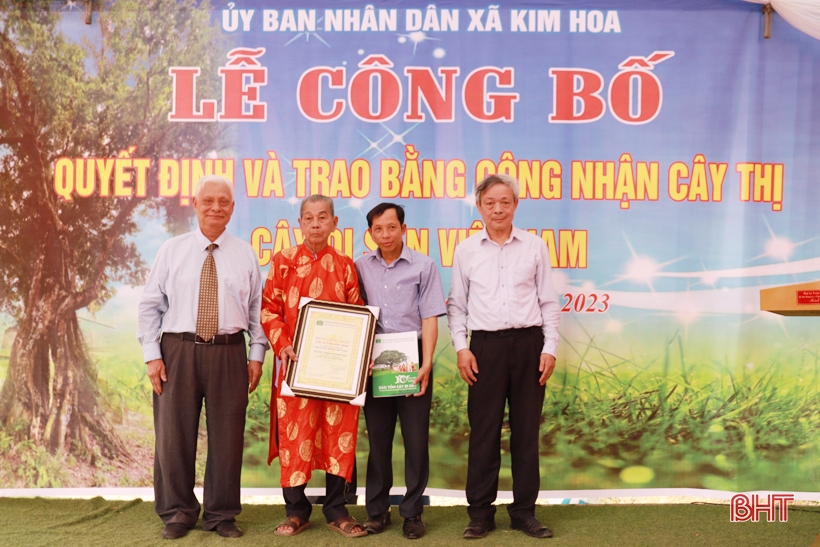
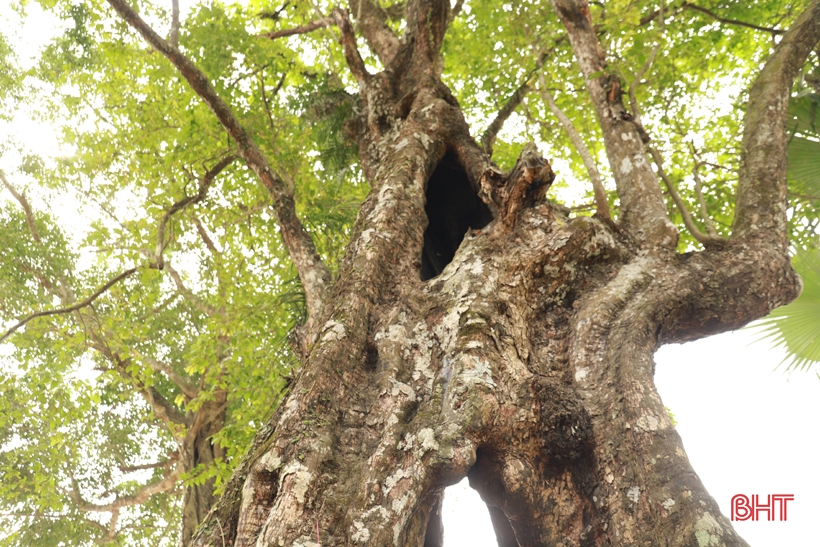
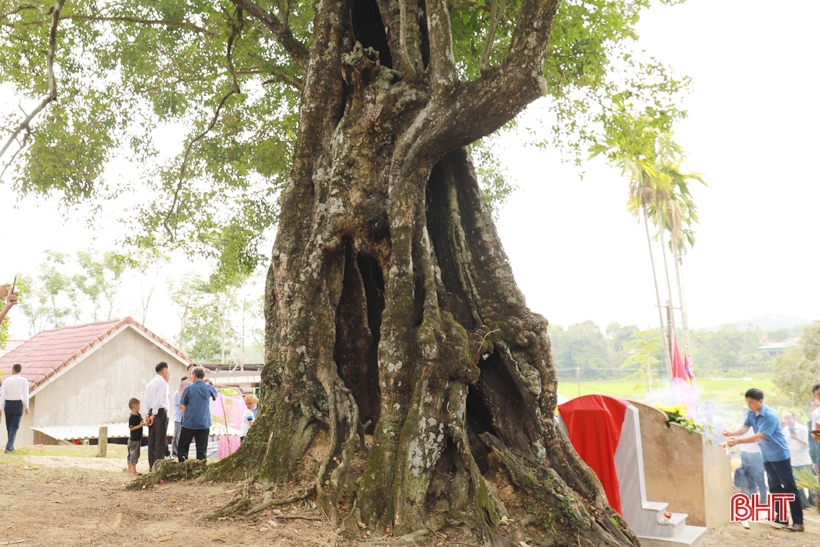
![[Photo] General Secretary To Lam receives King Philippe of Belgium](https://vstatic.vietnam.vn/vietnam/resource/IMAGE/2025/4/1/e5963137a0c9428dabb93bdb34b86d7c)


![[Photo] Close-up of Vietnam's sniffer dog team searching for earthquake victims in Myanmar](https://vstatic.vietnam.vn/vietnam/resource/IMAGE/2025/4/1/d4949a0510ba40af93a15359b5450df2)
![[Photo] President Luong Cuong and King Philippe of Belgium visit Thang Long Imperial Citadel](https://vstatic.vietnam.vn/vietnam/resource/IMAGE/2025/4/1/cb080a6652f84a1291edc3d2ee50f631)
![[Photo] Prime Minister Pham Minh Chinh meets with King Philippe of Belgium](https://vstatic.vietnam.vn/vietnam/resource/IMAGE/2025/4/1/be2f9ad3b17843b9b8f8dee6f2d227e7)




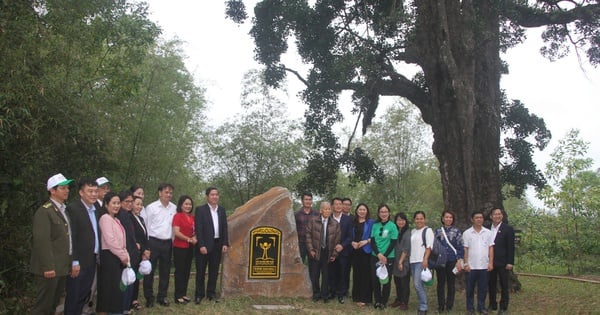

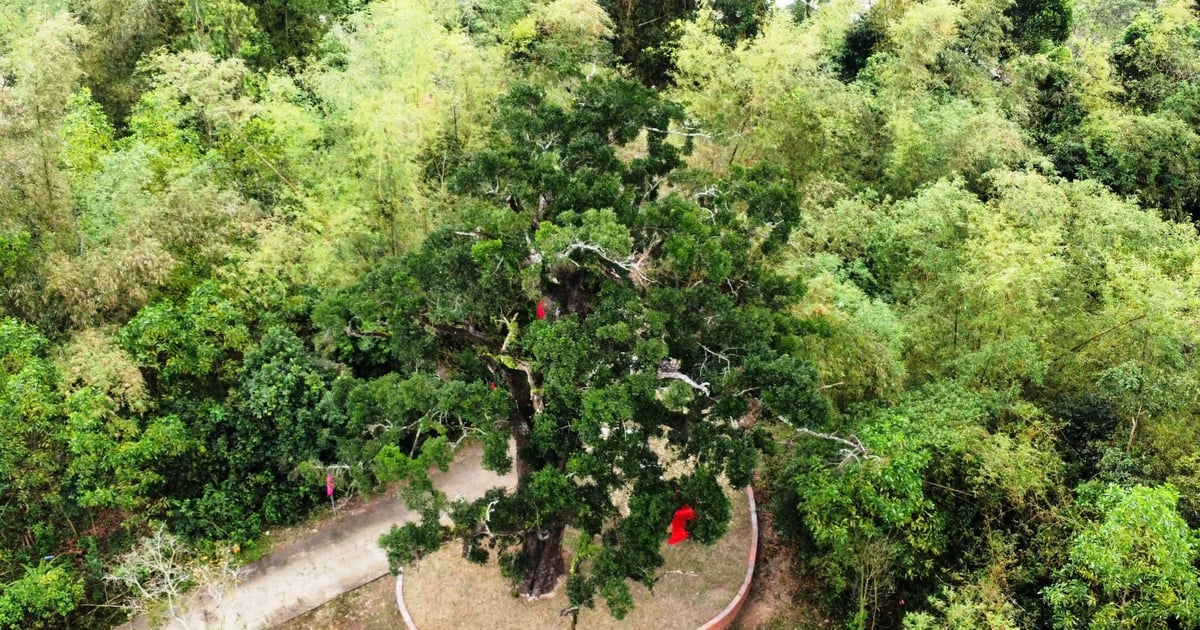


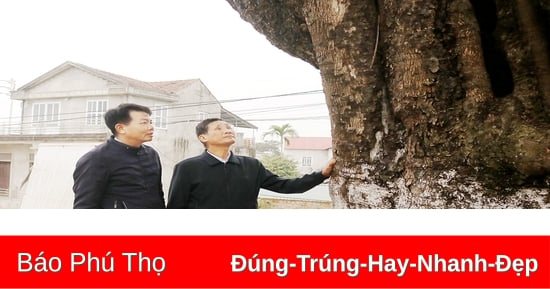





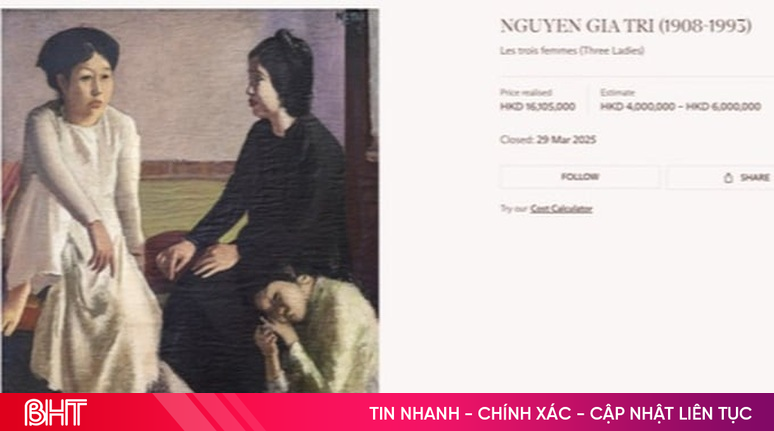




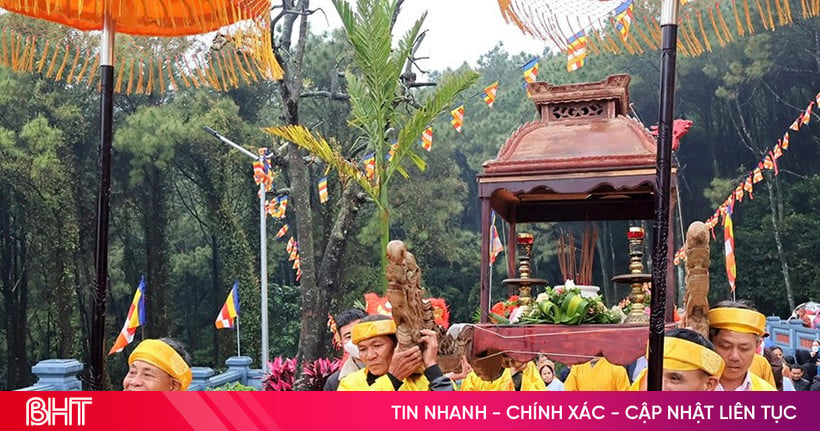


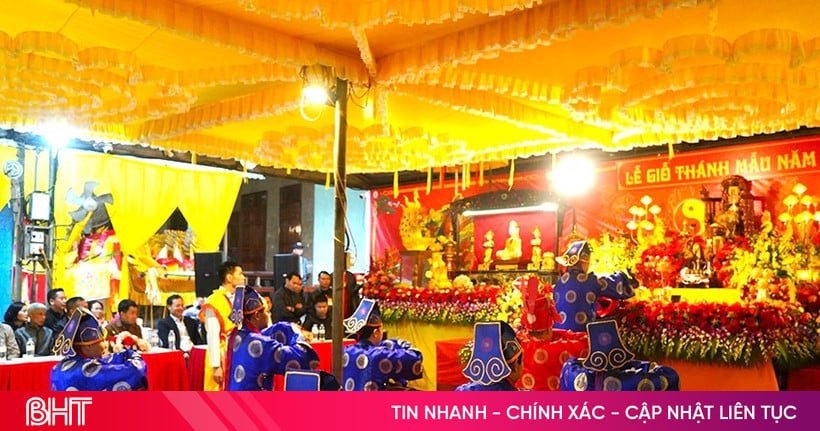
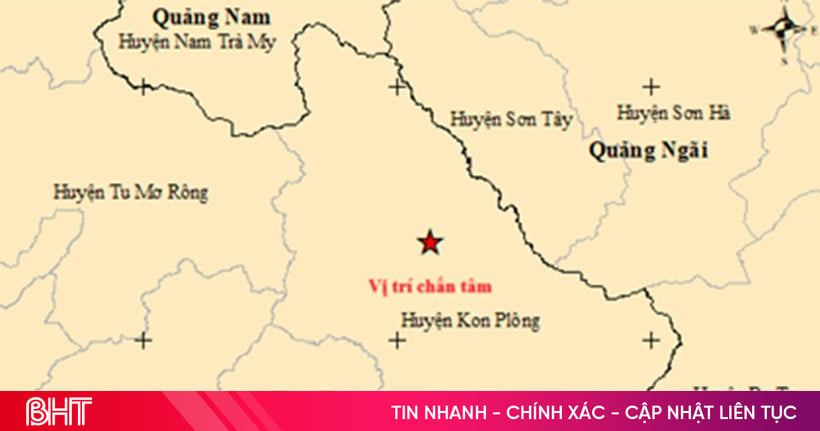

![[Photo] Myanmar's capital in disarray after the great earthquake](https://vstatic.vietnam.vn/vietnam/resource/IMAGE/2025/4/1/7719e43b61ba40f3ac17f5c3c1f03720)





























































Comment (0)